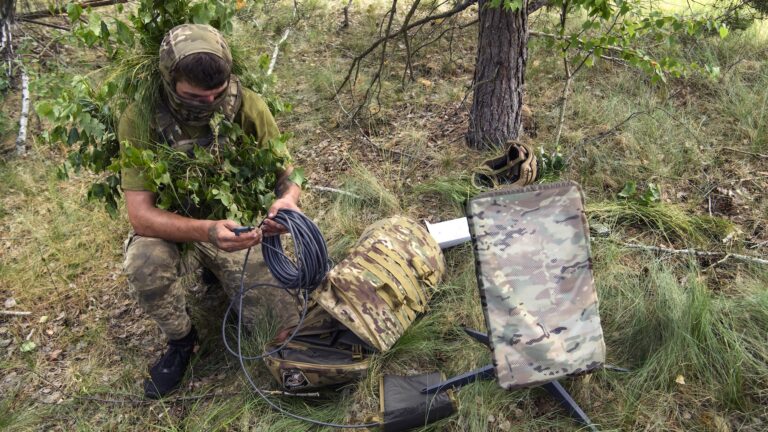YouTube is still gearing up for a big podcast push. After hiring an executive in charge of podcasting last year, YouTube is now offering cash to popular podcasts that are willing to make the jump to video.
Bloomberg is reporting that YouTube's content push works out to "offers of $50,000 to individual shows and $200,000 and $300,000 to podcast networks." The report says these "grants" are meant to help with the high start-up costs of producing video, which requires cameras, lighting, a studio, and a lot of other equipment you don't need to just do audio.
We still don't know the extent of YouTube's podcasting plans. The project sounds like another instance of YouTube developing a specific content vertical with a specialized interface and custom branding. We've already seen this play out when YouTube's plethora of gaming content led to YouTube Gaming, when all the company's music deals created YouTube Music, and when kids' content got a "YouTube Kids" vertical. If podcasting follows a similar playbook, expect a "YouTube Podcasts" app and website, or at least a special section in the Music app.
Businesses are obsessed with growth, and when it comes to traditional online video views, it's hard to imagine YouTube growing any bigger. The more plausible solution to producing positive user metrics is that YouTube sees more uses for the service outside of normal video views. What if more people used YouTube to listen to music or to livestream games? That's the thinking that brings us all these new verticals.
YouTube is already home to a ton of popular podcasts, and Spotify's splashy $100 million deal for the Joe Rogan Experience took the podcast off of YouTube and made it a Spotify exclusive. It would not be surprising to see podcasts get the full vertical treatment next.



 Loading comments...
Loading comments...
